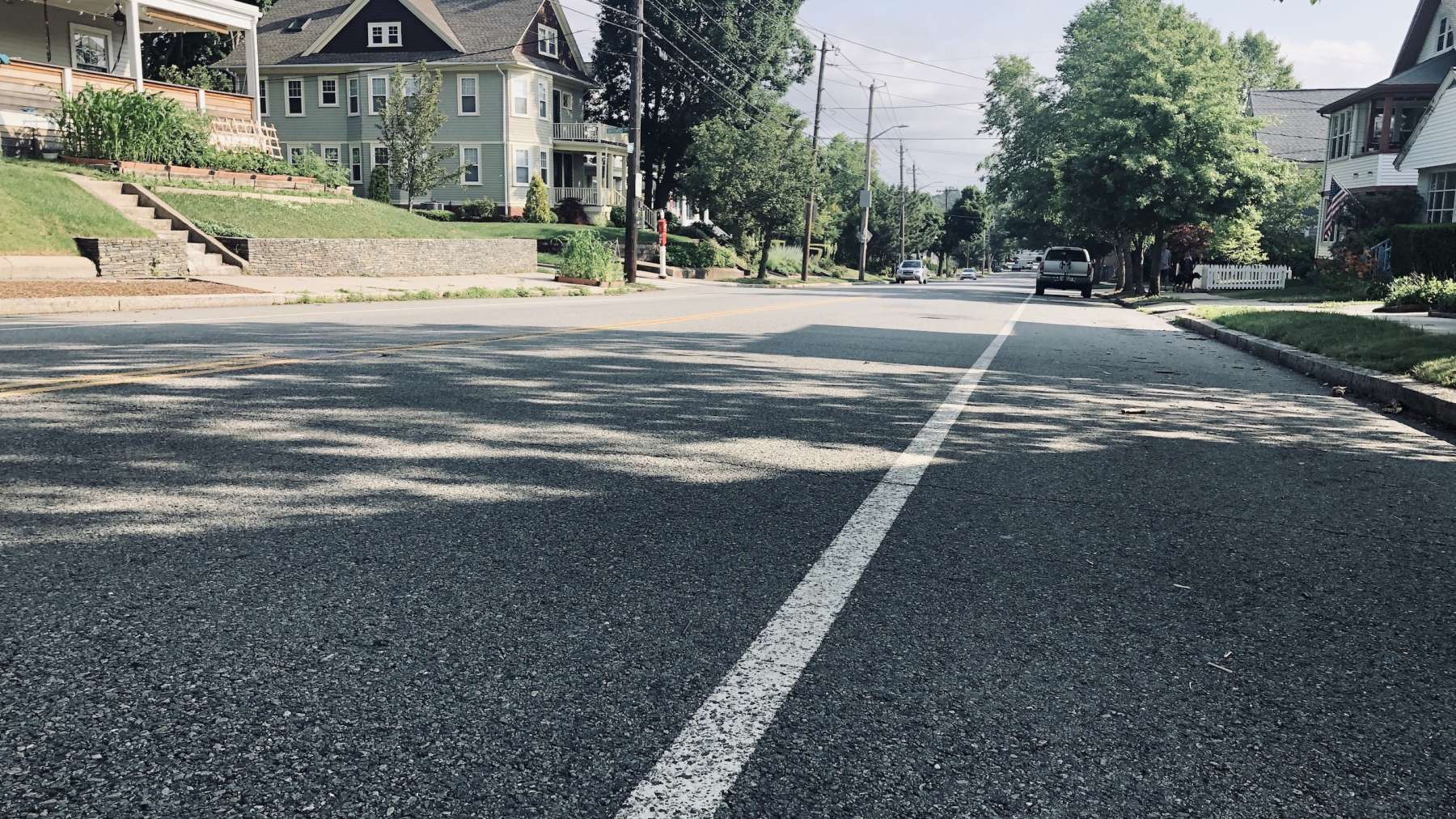Speed cameras are not racially unbiased, and need to be considered carefully
Today the Senate Judiciary Committee takes up S2510, a bill from Senator James Seveney that “would authorize the department of transportation, the turnpike and bridge authority and the municipalities of this state to operate automated speed enforcement systems.”
April 5, 2022, 1:11 pm
By Steve Ahlquist
Contrary to what most people think, speed cameras, those automated camera boxes that issue tickets to motorists driving too fast past schools or other sensitive locations in Providence or Pawtucket, are not necessarily neutral on issues like race. One study, Speed cameras for the prevention of road traffic injuries and deaths (Review), found that:
“Compared with controls, the relative reduction in average speed ranged from 1% to 15% and the reduction in proportion of vehicles speeding ranged from 14% to 65%. In the vicinity of camera sites, the pre/post reductions ranged from 8% to 49% for all crashes and 11% to 44% for fatal and serious injury crashes.“
In addition, given the problematic nature of police stops by officers who may be motivated by implicit or explicit racial bias, and the tragedies that can result from these traffic stops for people of color, many people believed that speed cameras issuing tickets based solely on license plate numbers and velocity avoid that problem.
Sadly though, racial bias is encoded so deeply in our society, even in the way we design our roads and arrange our communities, that the issuing of tickets by speed cameras have been shown, in report after report, to be racially biased.
In a ProPublica study, it was found that “the ticketing rate for households in majority-Black ZIP codes jumped to more than three times that of households in majority-white areas. For households in majority-Hispanic ZIP codes, there was an increase, but it was much smaller.”
The ProPublica report found that, “Black motorists were hit with more than half a billion dollars in penalties over the last 15 years, contributing to thousands of vehicle impoundments, driver’s license suspensions and bankruptcies.”
If Rhode Island is going to expand this program, we need to do so with a full analysis of the racial costs of this bill. It is for reasons like this that we need to pass legislation like H7736 by Representative Cassar, that “requires the general assembly to provide race, ethnicity and gender impact statements as to all legislation, addressing the disproportionate impact of the legislation on people of color and gender.”
For the speed camera legislation, S2520, to pass muster, it must at least incorporate the following four ideas, and perhaps more, based on discussions with public transportation advocates:
- We need to make sure that all money generated from these cameras go to redesigning our roads to encourage calm driving, which this bill appears to do.
- We need to allow communities decision making power about state roads. Currently cities and towns in Rhode Island have no say in how state roads are designed. The state wants large, wide roads that are easy to travel on, but also, by the very nature of their design, encourage faster speeds. [I’ll note here that the Rhode Island Department of Transportation literally threatened to take Providence to court for redesigning a city street in a way to promote bicycling and walking and slowed down traffic. A street that RIDOT had no legal authority over.]
- Speed cameras should not be a way to raise funds. In today’s economy, many people are $500 or less away from homelessness. When these cameras are placed in low-income neighborhoods, their impacts can be devastating.
- We need RIDOT to prioritize calmer streets, bike lanes and pedestrian access in all future street designs.
This legislation is being promoted as having the capacity to save lives and generate revenue, but Rhode Island needs to understand that the cost of these things will fall on the backs of those Rhode Islanders least able to pay If the state is going to endorse the use of speed cameras through legislation like this, it must do so carefully, mitigating the racial costs and the costs imposed on low-income Rhode Islanders.






